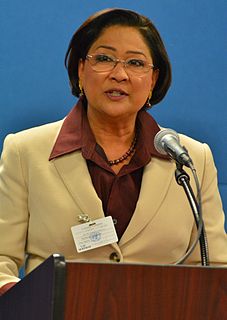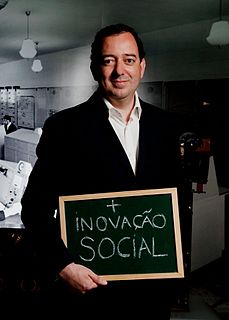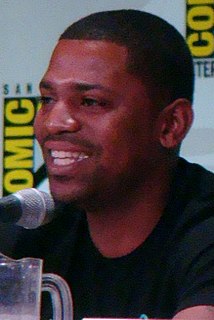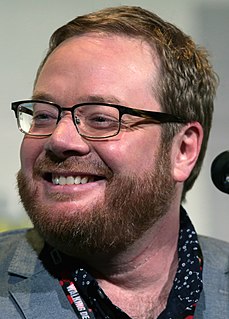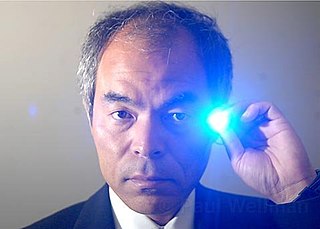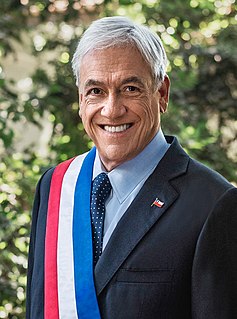A Quote by Donald Evans
We are the number one economy in the world, and we ought to continue to pursue those kinds of policies that ensure that we maintain that position, like innovation and like technology and like education and like just research and development and discovery.
Related Quotes
We have seven pillars of development. India has a cutting edge information technology industry. We are setting up a technology park. We would like to see technology penetration iin education. Besides, we would like to see cooperation in industries like fashion, filmmaking, ship-building, education, health and energy.
In the eighties and nineties, the innovation agenda was exclusively focused on enterprises. There was a time in which economic and social issues were seen as separate. Economy was producing wealth, society was spending. In the 21st century economy, this is not true anymore. Sectors like health, social services and education have a tendency to grow, in GDP percentage as well as in creating employment, whereas other industries are decreasing. In the long term, an innovation in social services or education will be as important as an innovation in the pharmaceutical or aerospatial industry.
I'm very comfortable with what I do, but it just seems like yesterday that I just started, at 19, and it's been like a whirlwind ever since. I've gotten to travel all over the world and meet all kinds of people and do all kinds of great things, so it's, like, surreal. It just lets you know how time flies, especially when you're having fun. It seems like time keeps going by faster as I get older.
With support from institutions like the United Nations as well as the donor community, governments can strengthen their national technological and scientific capacities by devising policies to link up to research networks, encourage technology transfer, and build indigenous capabilities through education and collaborative projects.

